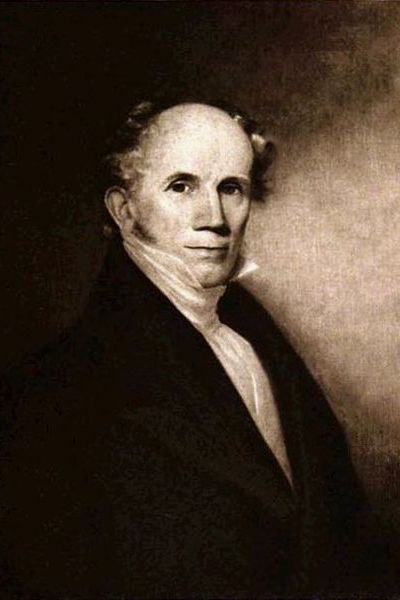
The 9th Day of Christmas: Condy Raguet on the anti-Christian character of protection and the need for peace on earth (1832)
Found in: The Principles of Free Trade
The American free trader Condy Raguet (1784-1842) argues that there is not one set of rules which governs “duty from man to man, and another sort of duty from nation to nation”. There is only one, namely the “Christian dispensation” for “peace on earth, and good will to men” which in economics translates into a policy of free trade:
Free Trade
IT is to us one of the most incomprehensible things that so many persons, who profess to be advocates of religion and good will to man, should be the disciples of a philosophy which teaches that the selfish principle is paramount to the principle of neighbourly love. If there be one truth which the Christian dispensation enforces with more than peculiar emphasis, after a man’s duty to God, it is a man’s duty to his neighbour. Upon these two principles hang all the law and the prophets…
Now what does the restrictive philosophy teach? Why, that individuals, pursuing particular branches of industry, should consult their own interests, without any regard whatever to the interests of their neighbours; that sections or districts of country should unite together in a scheme calculated to render others tributary to them; and, carrying the principle still further out, that nations should study their own selfish interests, without regard to the interests of other nations. The consequences of such a course of conduct cannot be other than to produce private enmities and heart-burnings between those who benefit and those who suffer, as is visible, every day, to our own eyes—civil war between different sections of the same country, as we may see before another year—and foreign wars of which we have witnessed an abundance within the last half century, growing out of commercial restrictions. If it were true that the Christian religion enjoined one sort of duty from man to man, and another sort of duty from nation to nation, there might be some ground for the adoption of one rule as applicable to one case, and another rule as applicable to the other. But no distinction is made between them, and peace on earth, and good will to men, are every where inculcated.